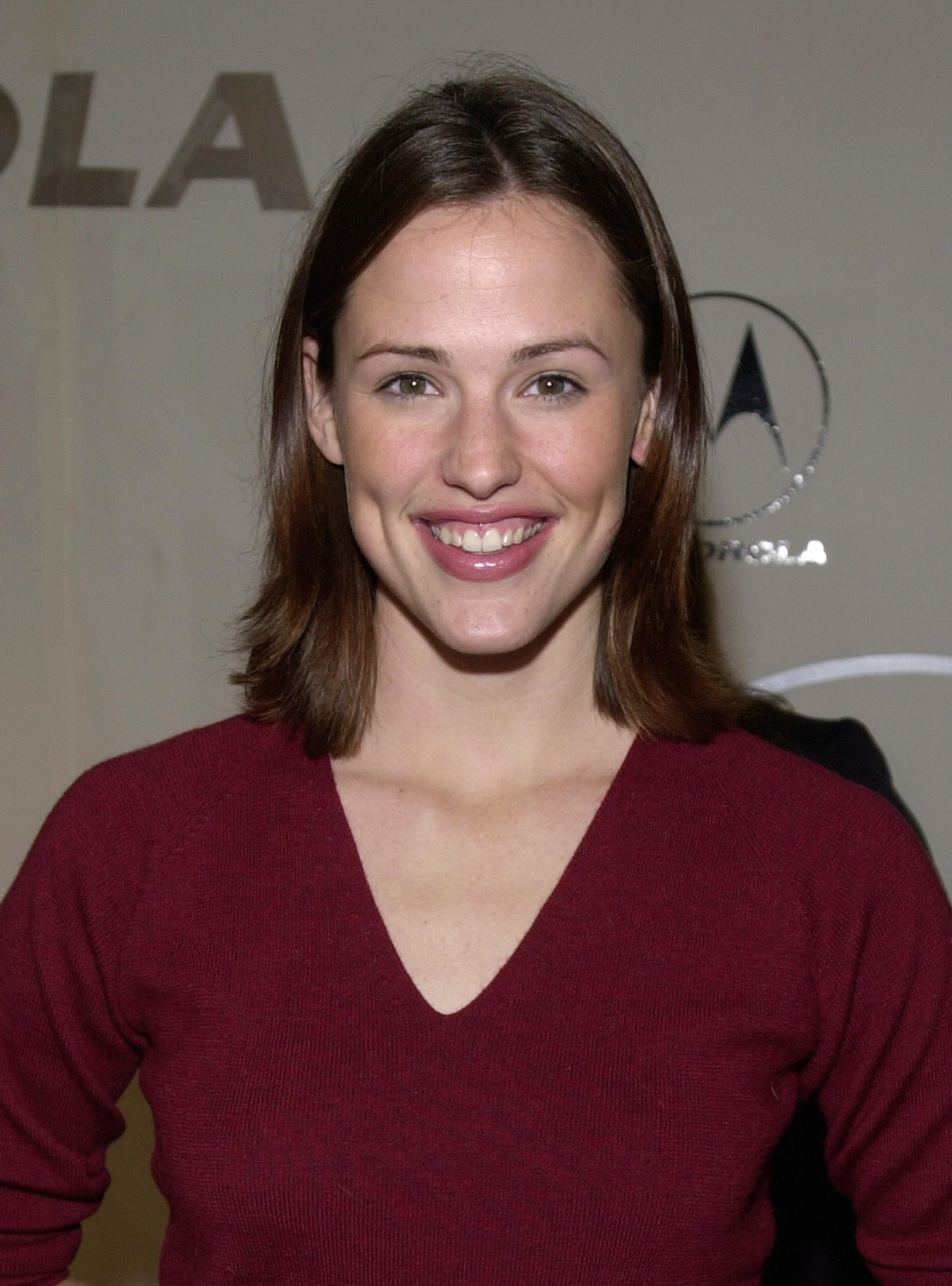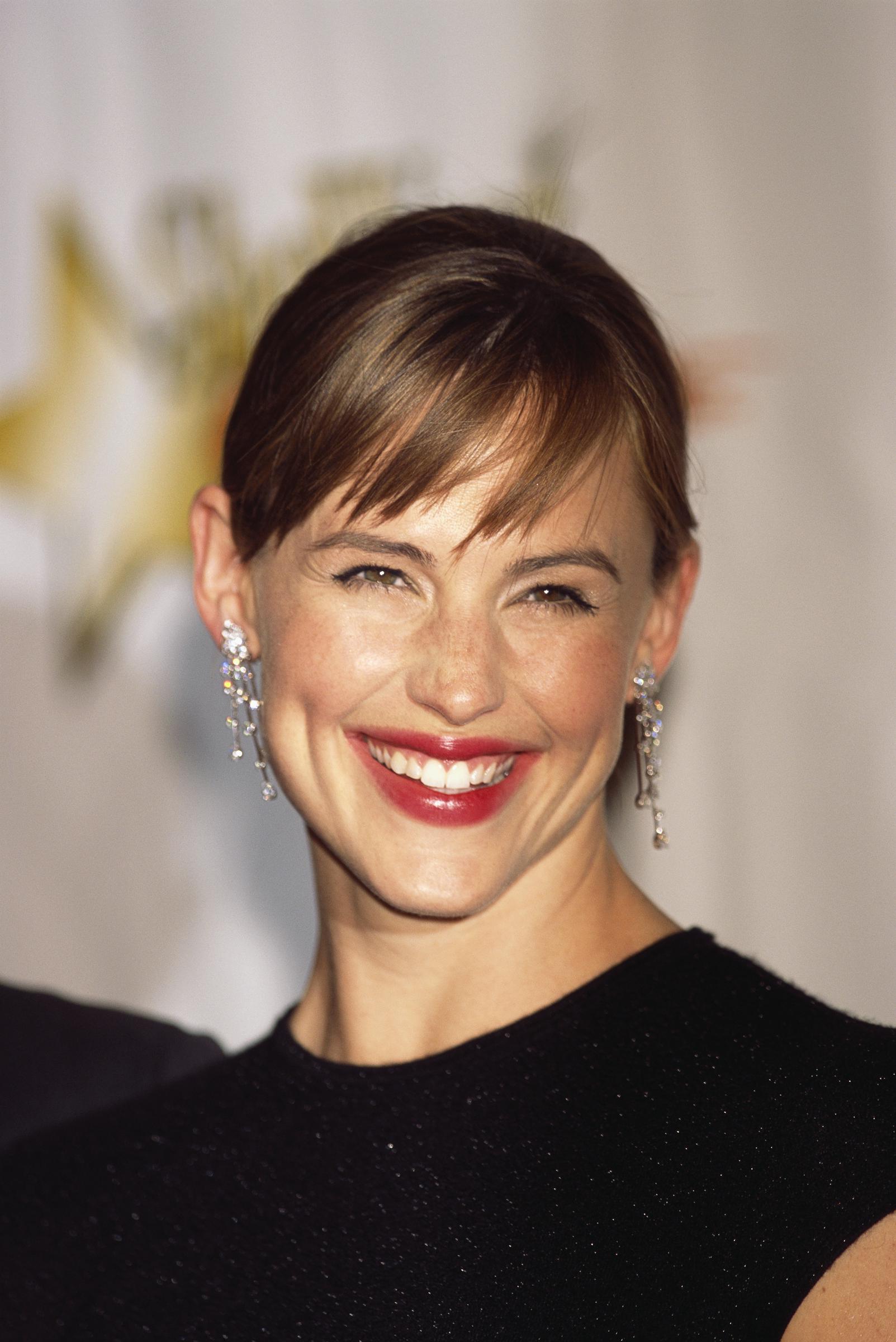She spent years ironing shirts for performers in between shows just to have a place to stay. At times, she couldn’t afford a metro token and had to walk for kilometers to auditions. Her adventure began behind the camera, off script, and far from the spotlight.

She grew up without beauty routines or praises on her appearance. In her family, modesty and discipline were prioritized, and everything that hinted at vanity was gently eliminated. Makeup was prohibited, and terms like “pretty” were not part of the family vernacular.
Even as she desired performance, she remained focused on the job rather than how she was seen. She will soon become one of the most respected ladies in her industry. She was raised in Charleston, West Virginia, in a family that valued humility and discipline in all aspects of daily life.
Her father, Billy Jack, was a chemical engineer, while her mother, Patricia, taught English. They taught strong principles in their three girls, establishing strict rules for appearance and conduct. Makeup, piercings, and manicures were strictly prohibited.
“We couldn’t have layers in our hair, perms, or color,” she remembers. The emphasis was on being healthy, not stylish. Her father considered that such activities were inappropriate for young girls, and the family followed his lead without question.
There was no pressure to meet beauty standards, and appearance was not discussed in conversation. “I don’t think my parents ever said ‘You’re pretty,” she informed us. The emphasis in their home remained on academics, responsibility, and hard work.

She and her sisters, Melissa and Susannah, learned to value humility and constancy over appearance and style. Their mother also played an important part in molding that viewpoint, consciously avoiding putting beauty first on the list of objectives.
“It was a shock when I got to college to hear people say I was pretty,” she told me. Even in a household that forbade vanity, comparisons were unavoidable. As she entered puberty, she realized that the spotlight was always shining somewhere else, not on her.
Throughout her adolescence, she felt overshadowed by her older sister, Melissa, who excelled in all areas. Melissa frequently won state math competitions, graduated with an impeccable academic record, and was both a school leader and respected for her attractiveness.
By contrast, she could not consider herself fitting into any of those categories. She later revealed that it took her a long time to grow into her face. Without beauty as part of her upbringing or self-image, she avoided the insecurities that her peers experienced.
She admits to applying cosmetics secretly during homeroom. Her first exposure to cosmetics was through theater, where she performed in school and neighborhood shows. She frequently wore thick foundation, believing that stage makeup would make her appear more appealing offstage.
She also accentuated her blush, oblivious of how odd it appeared in normal situations. Years later, she would be embarrassed to look back on those images. She described her face in those photos as strangely pale, with excessively drawn-on features that made her look like a character rather than a teenager.

Even as she tried to establish her footing with her appearance, she found assurance in one place: on stage. Even when her self-image lacked direction, performance provided it. Her enthusiasm in performing started early. She enjoyed dancing as a child and spent nine years learning ballet.
She frequently exercised for up to six hours every day, motivated more by discipline than natural skill. Despite not perceiving herself as very gifted, she enjoyed performing on stage. By the time she started college, she was studying chemistry, but that changed when she read “Crimes of the Heart,” a play that completely changed her academic concentration.
She changed her major to drama. Her mother later stated that, while her father was concerned that she may struggle financially, he never warned her not to do it. “I think my husband was worried that she would be poor her whole life, but bless his heart, he never told her not to do it,” the actress’s mother recounted.

Throughout college, she worked various jobs to support herself. She worked in a men’s clothes business and babysat. She spent her summers working in provincial theater, frequently unpaid. She was responsible for cleaning toilets and assisting in the construction of sets at one summer stock program.
Her early theatrical jobs were hardly glamorous, but they provided her with hands-on experience in all facets of stage production. After graduation, she continued her career at the Georgia Shakespeare Festival, where she appeared in a musical that later relocated to a theater in a Florida strip mall.
She wasn’t making enough money to live on, and as a non-equity actor, she couldn’t take on additional work. When the theater owner asked how she planned to cope, she promised to help in any way she could. “I can do laundry,” she explained. He let her stay in shared lodgings in exchange for washing and ironing 35 cast members’ clothes eight times a week between shows.

It wasn’t flashy, but it helped her stay afloat. When the Florida run was over, she set her sights on New York City, with no money, no safety net, and no plan other than to keep going and audition for the Utah Shakespeare Festival. She got a place to stay after answering to a bulletin board advertisement at the Actors’ Equity office.
She wound herself living on the kitchen floor of a stranger’s apartment, sleeping on a futon she had packed in her bag. She remained there for nine months. She trekked miles across town to auditions because she couldn’t afford to take the train.
On her first day in New York, she secured three jobs by handing out headshots and introducing herself to anyone who would listen. “I remember I just stepped in and said, ‘Hi, my name’s Jen. “I’m from West Virginia, and I enjoy acting,” she recalled. She was earning around $150 per week at the time, which was just enough to make ends meet. She did not have the freedom to work in restaurants like other aspiring performers and frequently went without basic necessities. Nevertheless, she did not complain. Looking back, she was fortunate not to get in her own way, and she embraced the difficulties without hesitation.

Her living situation was uncertain, and her income was low, but her determination never faltered. Her perseverance eventually paid off, and minor jobs led to bigger opportunities. Her first big break came in 1998, when she was cast in three episodes of “Felicity.”
It wasn’t a lead role, but it offered her some screen time and notoriety. She gradually gained more constant work, which led to greater projects. While her career was taking off, her self-esteem remained relatively unchanged.
She still didn’t consider herself attractive and didn’t expect others to either. That made a certain moment in college stick out. During her freshman year, while crossing the quad at Denison University, a student approached her and told her that the seniors thought she was attractive.
She was stunned. “I just said, ‘What?! Really? “Are you certain you have the right person?” she recalled. It was the first time she remembered someone making such a statement on her beauty. Her name, Jennifer Garner, was becoming more well-known at this point.
The same individual who used to wear heavy theatrical makeup offstage and trek to auditions because she couldn’t afford the metro was suddenly securing steady work. But her daily routine hadn’t changed significantly. Despite owning high-quality makeup equipment, she claimed she had no idea how to use them.

“If I used it, I would just look bruised,” she once said. Her previous makeup experiences have remained a source of self-deprecating humor. During her 2024 appearance on the “Lipstick on the Rim” podcast, she was questioned what the worst beauty advice she has ever received.
“I didn’t have to accept it.” “I am my own worst beauty advice,” she confessed. “If you look at any images of me from college, if I’m wearing makeup, it’s my theater makeup, then pancake makeup on my face. “I have a white circle; it’s so bad, so bad.”
What distinguished her in an industry obsessed with looks was not how she appeared, but how little she tried to be anything other than herself. Aside from her red carpet outings, she dressed in gym clothes or jeans, a sweater, and sneakers.

Garner was also generally regarded for her ability to juggle her professional and personal responsibilities. As a mother of three, she prioritized spending time with her children while maintaining close ties to her family in West Virginia, where her mother and younger sister still lived.
In addition to acting, she co-founded Once Upon a Farm, a cold-pressed organic food company, and played an active role in its growth. She also volunteered with Save the Children and visited her home state on a regular basis to do community outreach.
Despite personal hardships, including a public divorce, Garner remained serene and reserved, refusing to rely on public sympathy or sensationalism. Instead, she concentrated on job, children, and helping wherever she could.



